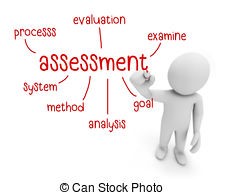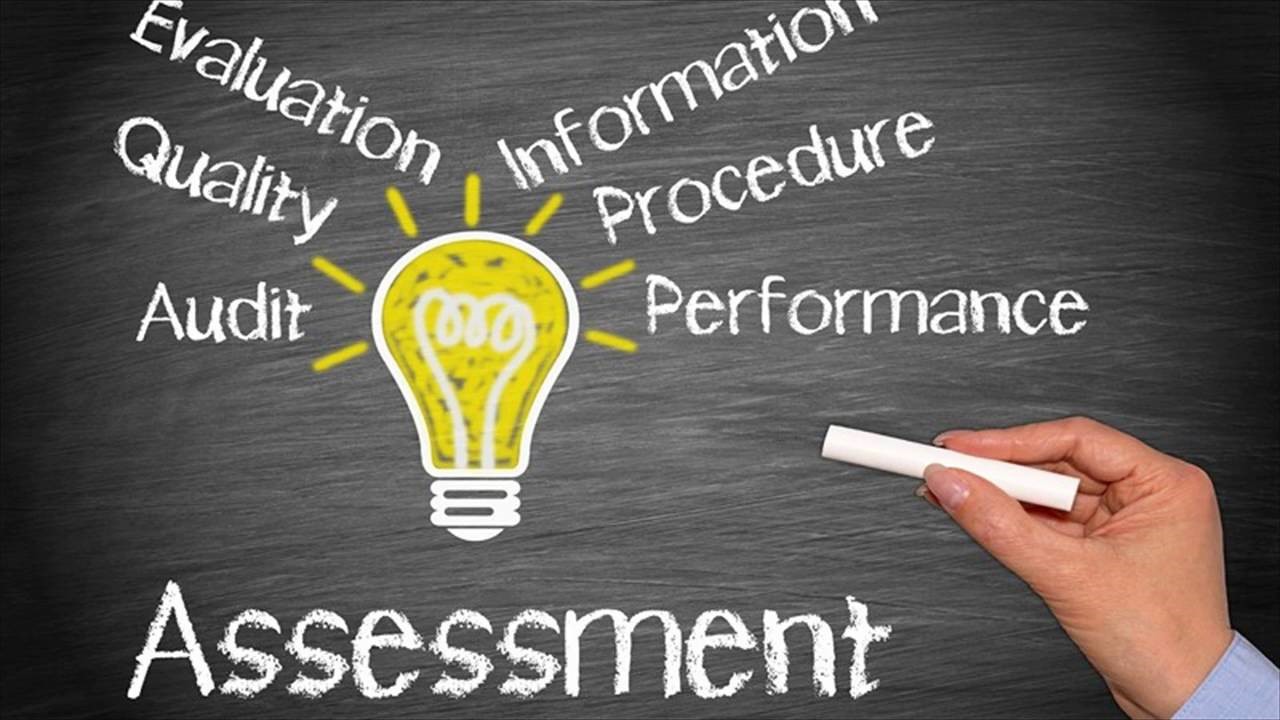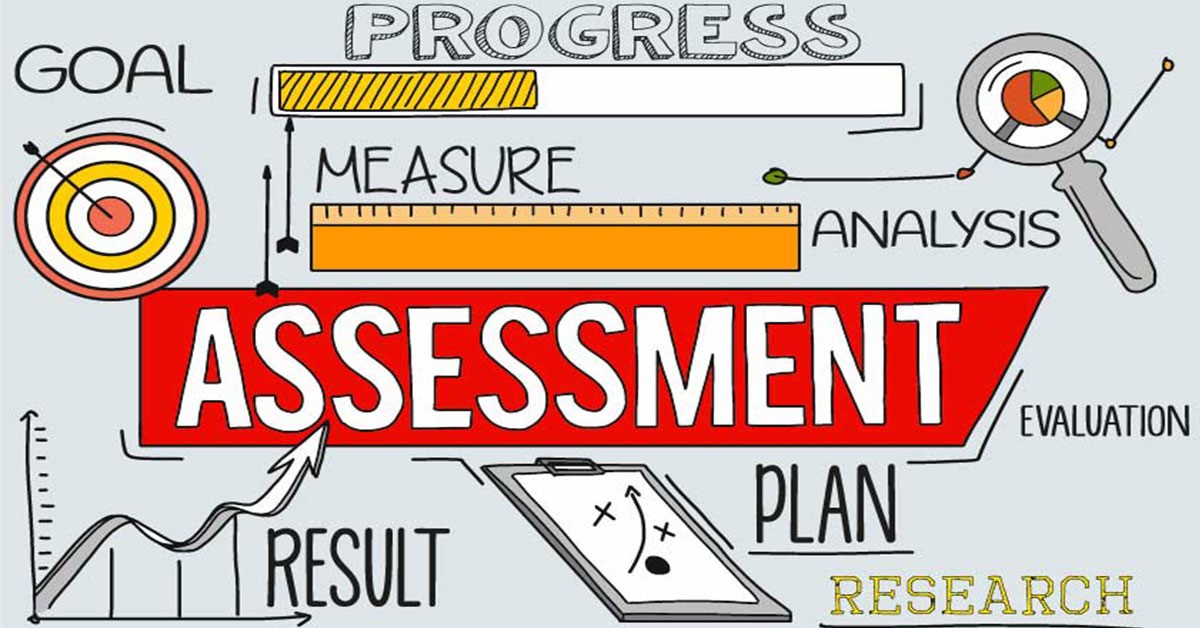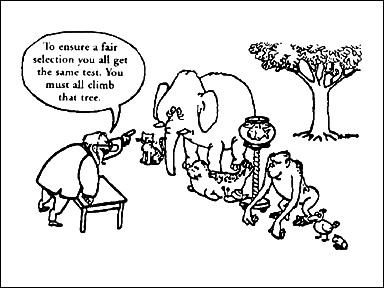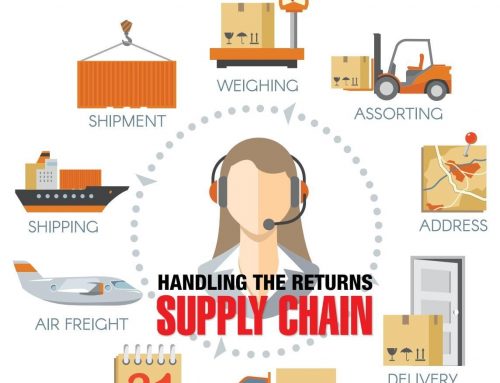Project Description
Why attend
The main reason is to get acquainted with a system where a different than normal approach to evaluating employees is used, based on their job competencies rather than to abstract notions. It is noticed that there are evaluation assessment systems which ‘judge’ the employee more considering his/her character and personality than how he/she performs at work.
We present a system where each position is analyzed to its basic and supporting tasks and in turn each task is analyzed to the required skills. These skills are stated in such a way, where they can be measured, resulting in a system which is purely quantified and therefore subjective.
Course Objectives
By the end of the course, participants will be able to:
- Analyzing a job position to its related tasks
- Analyzing a task to its underlying skills for desired performance levels
- Designing and implementing an evaluation assessment system
- Emphasizing on the importance of right and effective communication
- Designing specialized training programmes based on the outcomes of an evaluation assessment system
Who should attend
This course is ideal for either Human Resources managers who are or may be involved in any level of employees’ selection and evaluation process or employees (managers or not) who may, in the course of their normal duties, be called upon to take up a responsibility in this evaluation process. Alternatively, the course would suit anyone within the company who is the supervisor of a group of people and wishes to understand the principles of a proper Evaluation Assessment system.
Course Outline
Why to Evaluate our employees
Definition of Employee Value – Common employee character types – Employees as a company asset – Faulty evaluation examples
Definition of an Evaluation Assessment System
Basic Elements of an Evaluation Assessment system – Sources of information – Evaluation criteria – How an Evaluation Assessment system blends with other company functions and activities
Job Analysis
Job Description – Job Specifications – What is a Job Task – Define the required Skills per Job Task
Measurement of Employee Performance
Standard methods of measuring employee performance – Quantitative vs. Qualitative measurements – Setting up competency approval targets and limits
A new Evaluation Assessment System
Design & Development principles – Roles & Responsibilities
Use of evaluation outcomes
Use of evaluation outcomes to design a focused training programme – Role of organization’s objectives and culture to a successful implementation
The workshop
This interactive training course includes the following training methodologies as presented on the next column based on percentage of the total tuition hours:
Lectures
Workshops & Work presentation
Case Studies & Practical Exercises
Videos, Sofware & General Discussion
The course instructor may modify the above training methodology before or during the course for technical reasons with no prior notice to participants.
Falcon Consulting Professionals is established in Greece for the last 15 years in the areas of technical consulting and professional training for the local industries. Falcon is expanding in GCC, aiming to provide the best consulting and training solutions to the industries of the region. Falcon’s instructors are accredited trainers and highly experienced in their fields, as well as adult training. We aspire to build our business relationships on mutual trust. The achievement of results with an emphasis on innovation and sustainability, quality, cost analysis and time scheduling are non-negotiable from the conceptual phase of the training.

